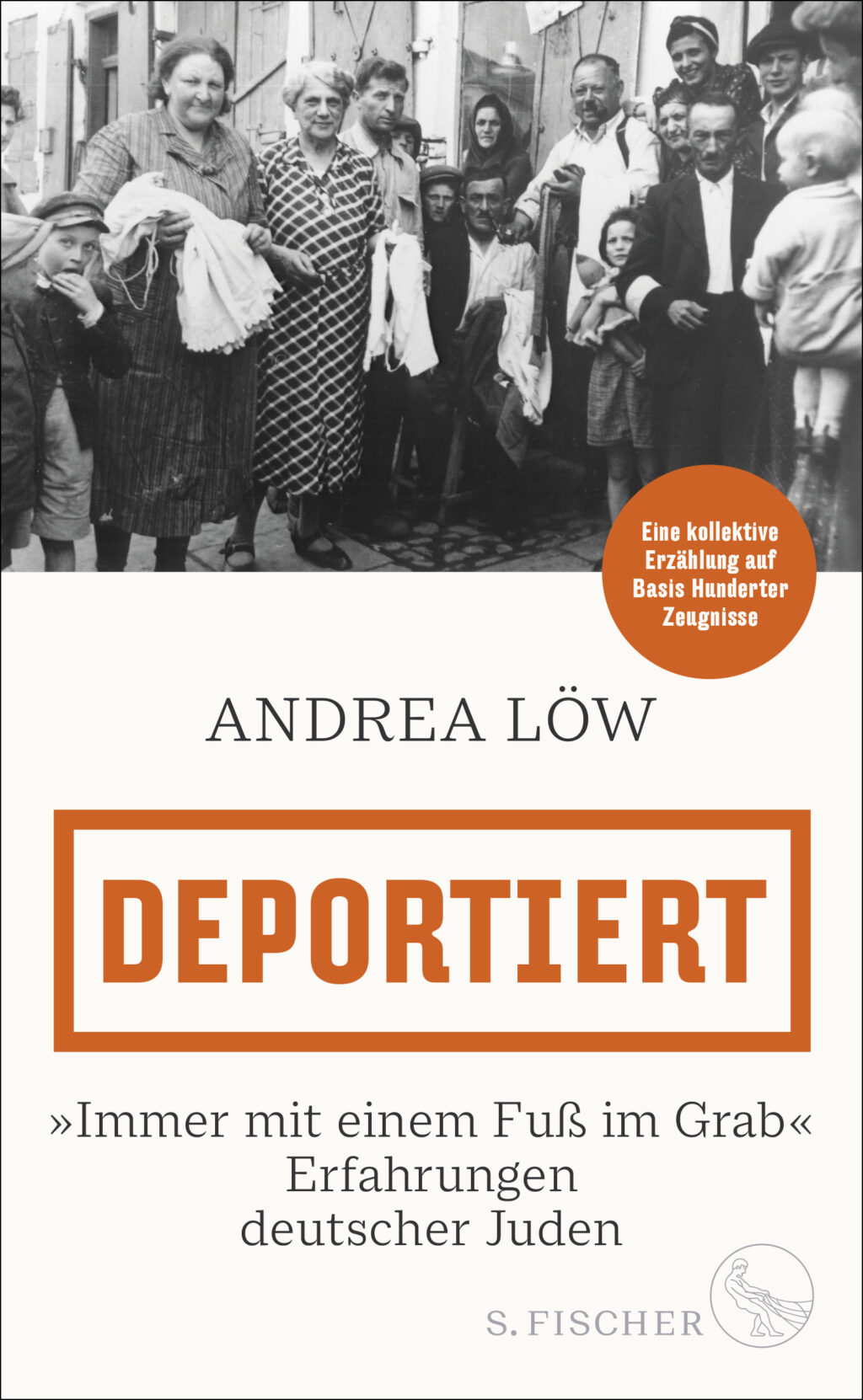review
Acclaimed Holocaust Studies professor Andrea Löw explores the lived experiences of Third Reich Jews during the Holocaust. ‘Deported’ examines how the National Socialist regime implemented the deportation of the Jewish population to the ghettos, and later to the extermination camps of Eastern Europe. The book hinges on the written testimony of hundreds of deportees and victims.
Löw’s concise and accessible book follows the experiences of the Jewish population of the Third Reich from 1940-1945, before, during and after their deportation from German territories to the ghettos in Nazi-occupied Eastern Europe. The ghettos in question are Litzmannstadt (Łódź), Warsaw, Lublin, Riga, and Minsk. Chapters are ordered chronologically, and consider common themes or aspects of life within the particular ghetto and time period. ‘Deported’ charts how the population were forcibly removed from their homes, the terrible journeys east, the creation of the ghettos, daily life, murders and atrocities within these settlements andcamps, and their eventual liquidation. The final chapter deals with the fate of the deportees after these ghettos were razed to the ground. Most did not survive.
Löw follows the parallel life stories of the deportees until liberation or, for the most part, until the traces of their stories abruptly end. The book is open about the particular experiences it cannot convey: the rapid deportations from the ghettos to extermination camps, the arbitrary, on-the-spot executions, those who died on the final death marches, and more. The final account of how the few remaining survivors experienced liberation by the Allied forces is completely gripping. ‘Deported’ is notable for the space it gives to the details of daily life during the Holocaust, including the efforts made by the inhabitants of the ghettos to create a sense of normality and community in the face of these horrors.
‘Deported’ is a fascinating exploration of the early atrocities most often overlooked by Holocaust literature, based on the letters, diaries, memoirs, postcards, and oral testimonies of hundreds of German Jewish ghetto inhabitants. This first-hand testimony from those who perished is relatively rare. The testimonies provide insight into the deportees’ personal impressions as they navigated their loss of freedom, terrible living conditions and fear for their lives. The book achieves a careful balance between historical analysis and the threads of individual life stories. Its part-chronological, part-thematic arrangement is coherent and thorough.



All recommendations from Spring 2024